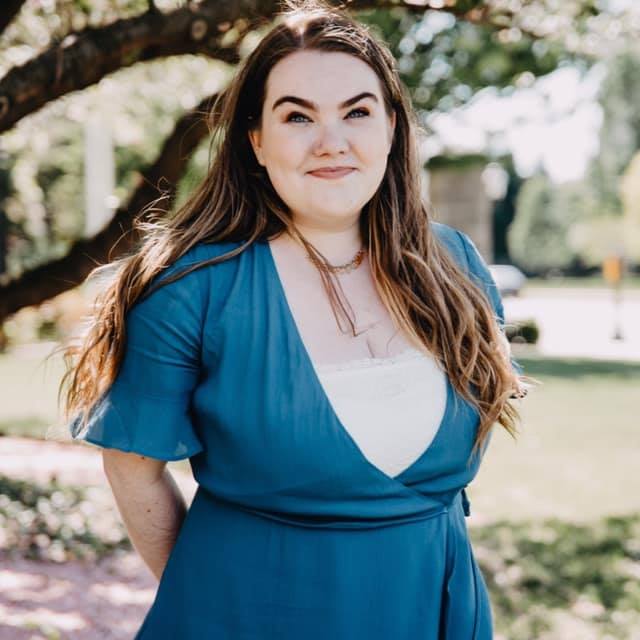Opinion: If Safehouse is allowed to open, our clients will only benefit
 October 7, 2019
Category: Featured, Medium, Purpose
October 7, 2019
Category: Featured, Medium, Purpose
Disclosures
This guest column was written by Erin Davison, a Fellow at Philadelphia Legal Assistance.Editor’s note: We’ve received several guest column submissions that address the issue of the proposed supervised injection site in Philadelphia — each written from radically different perspectives. We believe that our readership deserves to consider the ways each of the opinion pieces we will present this week challenges our definitions of community and recognizes how deeply at variance the perception of “doing good” can be.
This is the first of those guest columns.
On October 2, 2019 U.S. District Judge Gerald A. McHugh released his ruling in the case of U.S. v. Safehouse — a case that could decide whether safe injection sites are legal in the United States.
McHugh decided that Safehouse, a nonprofit organization, is not in violation of federal law and thus, has provided the legal foundation for a critical public health intervention to be implemented in Philadelphia. The debate around safe injection sites has reignited a wider conversation around the role of harm reduction and if Safehouse, a safe injection site, should be allowed to open in Philadelphia.
Described as “meeting people where they are at,” harm reduction aims to reduce negative consequences associated with substance use. It also has evolved into a social justice movement built on a belief in an innate respect for the rights of people who use substances.
At Philadelphia Legal Assistance (PLA), we have had the privilege of seeing harm reduction models work. People facing family violence, inadequate healthcare, unstable housing, and barriers to employment may not consider themselves to have a legal problem, but the law is powerful in connecting many to solutions to socio-legal issues undermining a patients’ health and wellbeing.
In December of 2018, the PLA’s Medical Legal Community Partnership (MLCP) expanded into two Medication Assisted Treatment (MAT) programs to better serve the needs of Philadelphians with opioid use disorder. MAT programs combine behavioral therapy with a careful use of milder opiates to prevent withdrawal symptoms. It is a harm reduction approach, an important step towards sustainable recovery and an evidence-based response to the opioid crisis.
At the MAT-MLCP, people struggling with substance use disorder have access to vital comprehensive care and by offering low barrier access to legal aid, we can resolve the issues that put patients at the greatest risk of relapse or overdose death.
The safe injection site proposed by Safehouse — and the services that will be provided there — is not so different than the care we offer clients at the MLCP. Safehouse’s site would be called a Comprehensive User Engagement Site (CUE), meaning that — in addition to giving opioid users a clean and safe place to inject — wrap-around support services would be provided and staff members would facilitate other pathways to treatment and recovery, including on-site MAT, wound care, and referrals to primary care, social services, and housing opportunities.
This model of service-delivery is backed by the same research that inspires the MLCP’s work in MAT programs: working with individuals around issues that are not necessarily substance use makes them more likely to enter treatment. Isolation and stigma fuel addiction, and offering meaningful opportunities to engage with people with substance use disorders can be the first step in recovery.
The MLCP and Safehouse have a shared mission: offer lifesaving care for Philadelphia’s most vulnerable neighbors and serve our communities that have been devastated by the opioid crisis. If Safehouse is allowed to open, our clients will only benefit. The MLCP, and PLA more broadly, serve folks who struggle between paychecks — for our clients that are living with substance use disorders, asking for help is compounded with concerns about legal barriers to care, costly or lack of insurance, and stigma surrounding their disease. As such, participating in MAT cannot be a first step for everyone.
Comprehensive User Engagement sites have the potential to be an even lower-barrier option that offers people who use opioids a much needed community approach to recovery. By offering multi-sector, non-judgemental care, sites such as these can address the multiple and intersecting barriers that prevent people from seeking help.
During a public health crisis such as this, every service offered can be a key step in preventing more deaths. Ultimately, as a matter of law, the case was for Judge McHugh to decide. But as a matter of science and morality, the jury was already in: safe injection sites are the right thing to do.
Judge McHugh’s decision this week was unprecedented and has the potential to influence how cities across the United States address the opioid crisis. The MAT team here at Philadelphia Legal Assistance is optimistic about this new opportunity for our city to come together and respond to the opioid crisis collaboratively and with care.
Trending News









